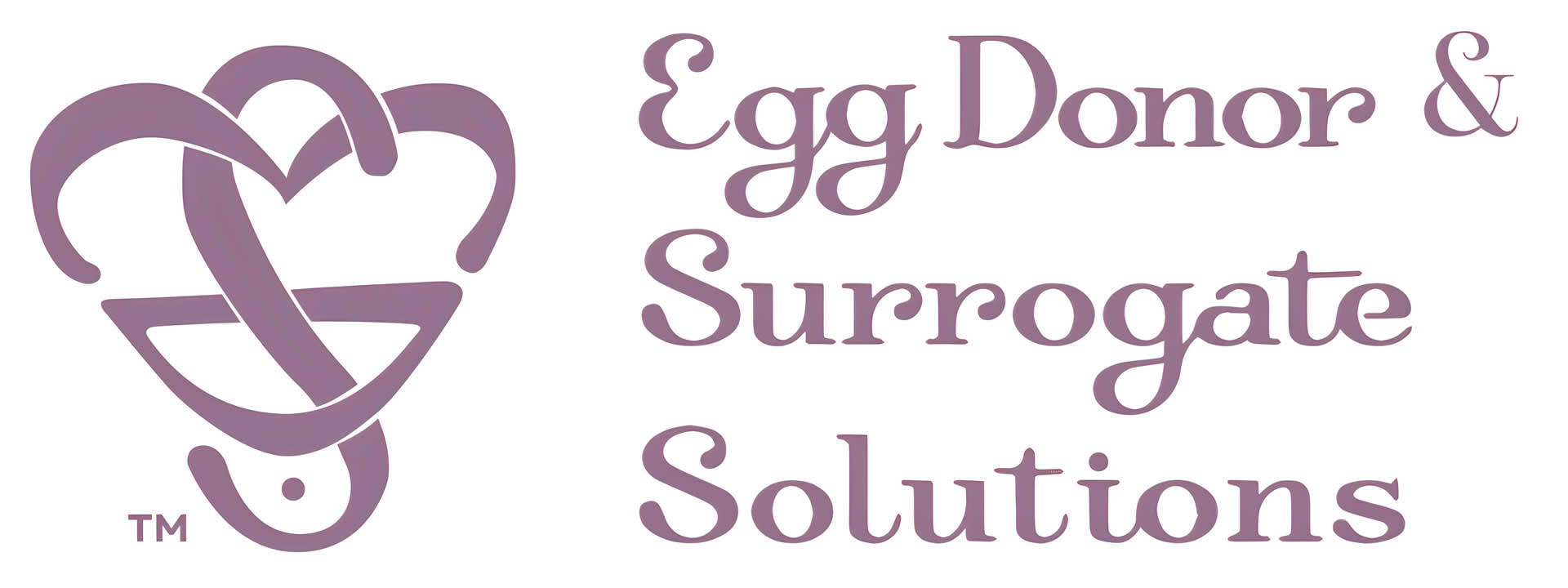Can I donate eggs if I’m on birth control? This is one of the most frequently asked questions we hear from potential donors, and the short answer is – it depends. Some methods of birth control are compatible with egg donation while others not. If you are currently using an incompatible form of birth control, you will need to discontinue use (or switch to a different method) for a period of time before donating eggs, which may delay the match process.
In this article, we’ll look at several different types of contraception. The information provided is based on the general guidelines for a number of clinics we partner with to run smooth and successful cycles. However, it’s important to note that every clinic is unique. Sometimes, a clinic or physician may have different guidelines, and we must follow the specific instructions provided at that time.
Oral contraceptives
Oral contraceptives, or birth control pills, are one of the most used forms of birth control and typically do not interfere with the egg donation process. If you are currently taking oral contraceptives, some clinics may require you to stop using them until your cycle starts, which could mean being off birth control for a few months.
The patch
The patch works similarly to birth control pills – you use it for three weeks and then take a week off, which is when you will typically have your period. Donors can use the patch but will need to remove it prior to starting an egg donation cycle.
The NuvaRing
The NuvaRing is also an option. It is a vaginal ring to prevent pregnancy that is inserted for 3 weeks, removed & replaced regularly. This Combination Hormonal Contraceptive is an option for egg donors; however, they must be removed for screening and then again when time to cycle.
Intrauterine device (IUD)
An IUD is a small, T-shaped device that is placed inside the uterus to prevent pregnancy. There are two types of IUDs – hormonal IUDs that release small amounts of progestin and non-hormonal, copper IUDs. Hormonal IUDs stop ovulation and may interfere with the medications donors take to stimulate their ovaries in preparation for the egg retrieval. If you have a hormonal IUD, such as Liletta, Kyleena, Mirena and Skyla, you will need to have it removed (at your own expense) and may need to wait a few months before you can donate.
Copper IUDs, typically ParaGard, do not release hormones. Instead, the copper triggers the immune system to prevent pregnancy. Copper IUDs do not need to be removed prior to egg donation.
Depo-Provera
Depo-Provera, commonly referred to as “the shot,” is an injection administered every three months to prevent ovulation. This form of contraception is not compatible with egg donation **In our experience, from most of the clinics, it’s all about the donor’s period. If she has had 2 normal periods, the donor can proceed.
Nexplannon
Nexplannon, a type of birth control implant, is a small, thin rod (about the size of a matchstick) that is implanted under the skin of the upper arm. Like Depo-Provera and hormonal IUDs, Nexplannon prevents pregnancy by releasing the hormone progestin. If you are currently using this form of birth control, you will need to have the implant removed and may be required to wait a few months before you are eligible to donate.
Tubal ligation
A tubal ligation, also know as “tying the tubes,” is a permanent form of birth control that involves cutting, tying or blocking the fallopian tubes to prevent pregnancy. Women who have had their tubes tied can still be egg donors. This is because fallopian tubes are not needed for the egg donation process.
Choosing the right form of birth control
Decisions about birth control should be made in consultation with your medical provider to determine the method of contraception that is right for you. If you are currently using a form of birth control that is not compatible with egg donation, it doesn’t mean that you will be disqualified as an egg donor. However, it will likely mean waiting longer to match with intended parents. If your goal is to be matched quickly, birth control pills, the patch or a non-hormonal IUD are your best options.
Our team at Egg Donor & Surrogate Solutions is committed to guiding, supporting and educating you through the egg donation process. If you have a question about birth control and your ability to donate eggs, please contact us at Info@CreateAHappyFamily.com.













